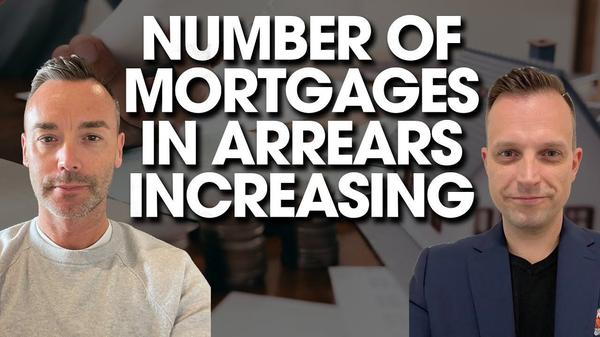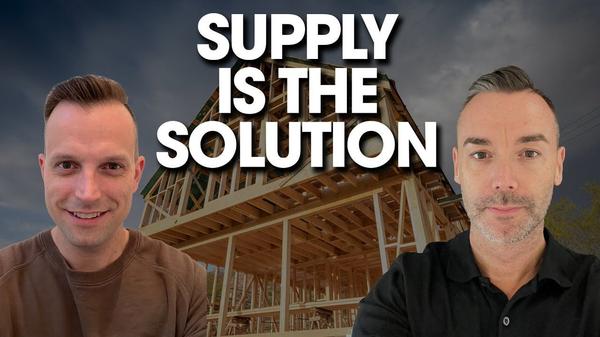5 Signs We Are Heading Towards A Recession
This week we look at how the Canadian economy is grappling with a series of troubling indicators that raise concerns about a potential recession. Our podcast discussion explores the key factors contributing to the heightened risks, including skyrocketing household debt, surging mortgage payments, escalating rental rates, declining mortgage growth, mounting credit card debt, plummeting housing starts, and weakening sentiment towards real estate. We shed light on the various economic challenges and the potential impact on businesses and employment.
Primarily household debt burdens are reaching unprecedented levels. Canadian households are experiencing an alarming rise in debt service ratios, reaching their highest levels since 1990. With Canada ranking third globally in terms of household debt, the diversion of disposable income towards interest costs is hampering consumer spending, which poses a significant risk to the overall economy.
Monthly mortgage payments have surged to all-time highs, primarily driven by deep discount fixed-rate mortgages. This increase limits the amount of money available for expenditure on goods and services, potentially triggering a slowdown in economic growth. Rental rates have reached record levels, particularly in cities like Vancouver, making affordable housing increasingly scarce. The limited financial capacity of individuals to afford higher rent negatively impacts their overall disposable income, creating a drag on consumer spending. The growth rate of mortgage debt has been steadily declining, largely due to reduced originations in the first quarter. Stricter lending requirements imposed by regulatory authorities, such as the Office of the Superintendent of Financial Institutions (OSFI), may further hinder borrowing capacity, potentially leading to a shift from homebuyers to renters.
While mortgage lending faces tighter regulations, credit card debt continues to surge, hitting record highs. The rise in credit card loans might indicate that consumers are using credit to remain solvent in other areas of their expenses before potential defaults occur, presenting a concerning sign for the economy. The construction industry is witnessing a significant decline in housing starts, marking the sharpest drop since the 2008 financial crisis. This decline is mirrored by a substantial decrease in building permits, which typically precede housing starts, signifying
a slowdown in the sector and its potential impact on the broader economy. Canadian sentiment towards real estate has started to decline, following a period of recovery driven by expectations of a Bank of Canada "pause." However, with uncertainties regarding the future course of central bank policies, sentiment is expected to soften further in the coming months, potentially affecting economic outlook and decision-making.
The Canadian economy could be headed for a "run of the mill" recession characterized by negative growth for multiple quarters and a rise in the unemployment rate or perhaps something a little steeper depending on the industry and what data points you’re considering. Although the unemployment rate currently remains low, even a moderate increase to the average levels seen between 2010 and 2016 could have detrimental consequences. Businesses across various sectors, including technology and construction, are already contemplating layoffs and seeking capital infusion to navigate the potential challenges ahead. The economy is facing a confluence of factors that increase the risk of a recession.
The alarming levels of household debt, soaring mortgage payments, rising rental rates, declining mortgage growth, mounting credit card debt, plummeting housing starts, and weakening sentiment towards real estate all contribute to the economic uncertainties. As businesses and individuals grapple with these challenges, proactive measures and prudent policy decisions will be crucial to mitigate the potential negative effects and ensure the resilience of the Canadian economy.
Categories
Recent Posts









